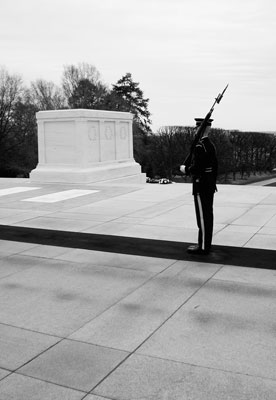All Nonfiction
- Bullying
- Books
- Academic
- Author Interviews
- Celebrity interviews
- College Articles
- College Essays
- Educator of the Year
- Heroes
- Interviews
- Memoir
- Personal Experience
- Sports
- Travel & Culture
All Opinions
- Bullying
- Current Events / Politics
- Discrimination
- Drugs / Alcohol / Smoking
- Entertainment / Celebrities
- Environment
- Love / Relationships
- Movies / Music / TV
- Pop Culture / Trends
- School / College
- Social Issues / Civics
- Spirituality / Religion
- Sports / Hobbies
All Hot Topics
- Bullying
- Community Service
- Environment
- Health
- Letters to the Editor
- Pride & Prejudice
- What Matters
- Back
Summer Guide
- Program Links
- Program Reviews
- Back
College Guide
- College Links
- College Reviews
- College Essays
- College Articles
- Back
In Defense of the Pawn
In school, they taught us of wars as if death did not exist,
unless it was convenient, of course,
so I always thought of wars as chess, bloodless, logical,
a grand player pushing marble bishops through wasteland.
They taught us of guns, the pawns of our pillaging
but only the rules.
A gun could only move one square forward at a time,
unless it took the first shot, or aimed to kill.
The men behind the metal, though, were nearly objects
and if they were lucky, they jumped from useless to hero
surpassing humanity altogether,
because that’s easier, right?
It is easy to say these men had no lives, no souls, no family.
No flesh through which they felt pain.
Nothing to leave behind.
No one to mourn them.
Teachers refer to this faceless mask as a casualty
Too insignificant if the war is won, only one of the many tragedies
when we lose, so the tomb of the unknown soldier
holds the buried tales of millions.
Perhaps if teachers taught us what soldiers really died for,
whose name was on their lips as they left the world behind,
if they gave us a glimpse of their nightmares
even after the battles end.
Maybe then we could feel the racing heartbeats of our little pawns
and witness the quivering fear of a child trapped in the stoic rock
of an elderly man’s eyes in the moment of his death.
In a second, he was stretched across time.
In the next, time stopped

Similar Articles
JOIN THE DISCUSSION
This article has 0 comments.
